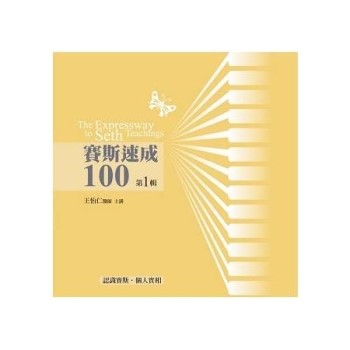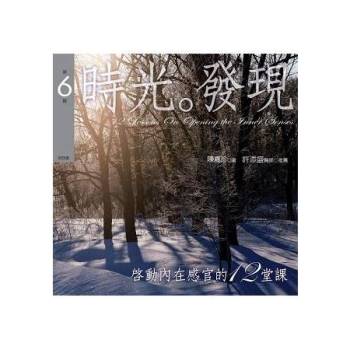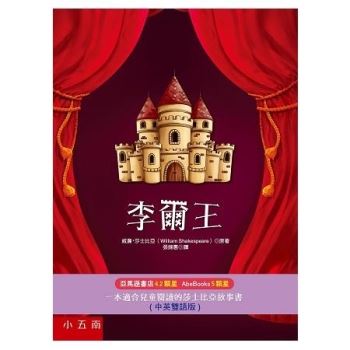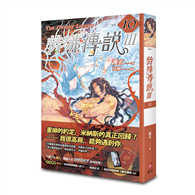This work describes the use of a continuous classification scale to determine the degree of influence of interest groups in organizations, based on characteristics proposed by relevant authors such as Freeman (1984), as well as the work of prominent researchers, such as Mitchel, Agle and Wood (1997), in addition to the classification proposals proposed by Donaldson and Preston (1995).A continuous classification scale owes its relevance to proposing a method for measuring the characteristics of a phenomenon or object of study without any imposition in terms of scales or predetermined numbers to generate some type of qualification or evaluation.In this sense, a continuous classification will make it easier for the person surveyed to express their opinion without the need to adapt their point of view or perception to a certain response trait, but will have as its main characteristic the freedom to express their position considering the issues that are present in a given data collection instrument.
| FindBook |
|
有 1 項符合
esparza rodríguez的圖書 |
 |
$ 2640 | Digital tools for teaching strategic management at College
作者:Esparza Rodríguez 出版社:LAP Lambert Academic Publishing 出版日期:2023-03-27 語言:英文 規格:平裝 / 60頁 / 22.86 x 15.24 x 0.36 cm / 普通級/ 初版  看圖書介紹 看圖書介紹
|
|
|
圖書介紹 - 資料來源:博客來 評分:
圖書名稱:Digital tools for teaching strategic management at College
|











